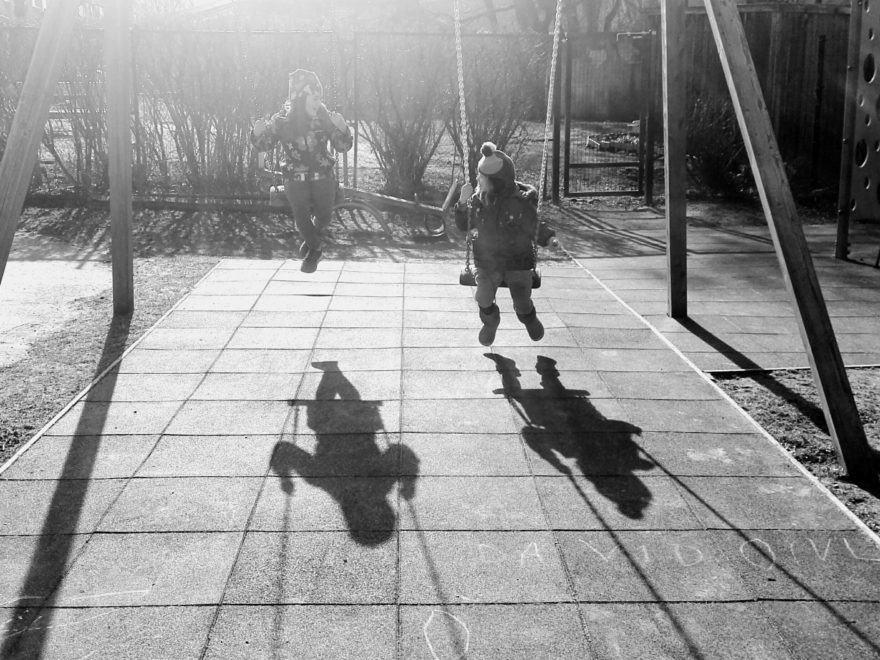Tag: in the classroom
-

The Writing Process: Sentences, Paragraphs, Edit, Repeat
Why do we need instructions on a shampoo bottle? After only a few training exercises, any three-year-old can operate a shampoo bottle. Yet every bottle of shampoo I can find has instructions. The sequence, “lather, rinse, repeat,” became such a well-known instruction that it took on meme status in culture. Brian Regan has taken on…
-

School Is a Game: Finite and Infinite Games in Education
This is a website about education, particularly pertaining to thinking about education differently. Jason, Kolby and I really enjoy discussing educational philosophy, and hopefully you, our readers, enjoy and benefit from our peculiar take on education. In addition to being educational philosophers, we are also teachers – educational practitioners. What we talk about in our…
-

True Mastery: The Benefits of Mixed Practice for Learning
“Practice, practice, practice.” This mantra for learning is proclaimed across companies and schools, athletics and the arts. The widely held belief is that the key to mastering a particular skill or gaining new knowledge is relatively straightforward: Practice. Now, to be sure, practice is important, especially if it rises to the threshold of “deliberate practice,”…
-

Writing on Purpose: How Ought We to Instruct Young Writers?
To teach writing is to teach an art form. It takes lots and lots of practice to write well. The way we think about writing can sometimes limit students, so that they don’t gain the practice they need to write effectively. In order to write effectively there are three concepts that should guide our goals…
-

Rules for Schools?: An Interaction with Jordan Peterson’s 12 Rules for Life (Part 3)
I have been interacting with Jordan Peterson’s 12 Rules for Life over the past few weeks. This is now the third and final installment. Part 1 looked at habit formation and deliberate practice, while part 2 considered several of Peterson’s rules in conjunction with the idea of discipline. At the heart of Peterson’s book is a concern for…
-

Rules for Schools?: An Interaction with Jordan Peterson’s 12 Rules for Life (Part 2)
Last week I wrote part 1 of my interaction with Jordan Peterson. Here is part 2, grouping several of his 12 rules for life. Discipline is one of the hardest aspects of life as a teacher. Discipline for parents can be quite difficult. But discipline is even harder when you are dealing with other people’s…
-

Practicing Education: Growing in the Art of Teaching
When I was a child I did gymnastics, and one of the most fundamental aspects of gymnastics is practice. We practiced skills and routines, we stretched and we worked out for hours, far longer than the average sports team practices. Where your average soccer team practiced an hour or an hour and a half a…
-

The Importance of Deep Reading in Education
Deep reading is the type of reading that involves one’s undivided attention in a sustained manner to tackle a long-form book, like a novel. The feeling cultivated by deep reading is that of being lost in a book, taken to new worlds, enraptured by an alien train of thought. While many educators still feel that the…
-

Less is More: Are Fewers Subjects Better for Schools?
Chris Perrin, over at Inside Classical Ed, suggests that classical schools are offering too many classes. He champions the idea of multum non multa – much not many. Perrin writes, “To study and learn well, humans have learned that it is important to study a few things deeply, even to mastery, rather than to dabble…

